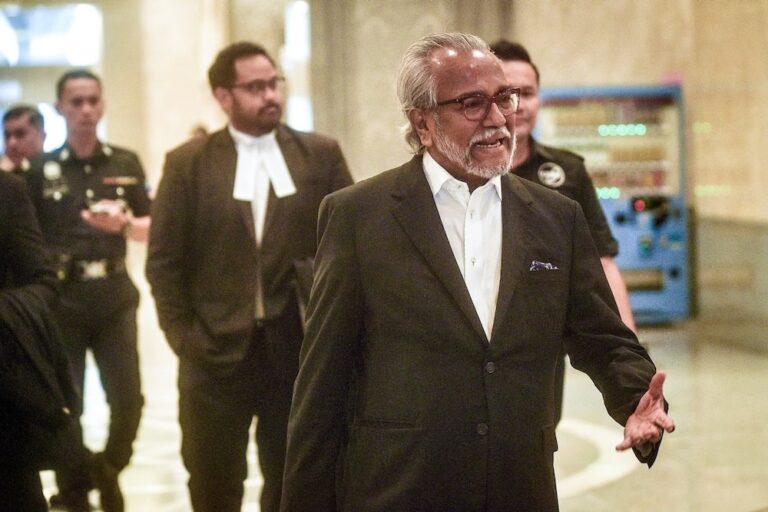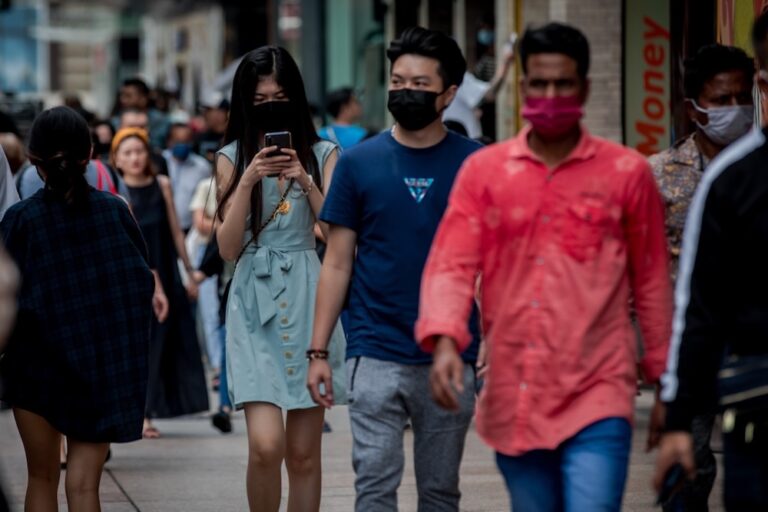(SEAPA/IFEX) – The Centre for Independent Journalism (CIJ) and the Writers Alliance for Media Independence (WAMI) have urged the Malaysian government to hold consultations with public and civil society groups before instituting a mechanism that would potentially further restrict media freedom. The two media groups said, “The government’s announcement to set up a national media […]
(SEAPA/IFEX) – The Centre for Independent Journalism (CIJ) and the Writers Alliance for Media Independence (WAMI) have urged the Malaysian government to hold consultations with public and civil society groups before instituting a mechanism that would potentially further restrict media freedom.
The two media groups said, “The government’s announcement to set up a national media council, coming during the public uproar about UMNO [United Malays National Organisation political party] leader Ahmad Ismail’s remarks hinted that the government is uncomfortable with letting the media do its job of informing the public.”
On 7 September 2008, Information Minister Ahmad Shabery Cheek said the government would set up a national media council to “to ensure that media reports are made based on true journalistic ethics.” The minister was responding to a controversy surrounding Ahmad Ismail, an UMNO division leader in Penang, who had lashed out at the media for quoting him out of context regarding an alleged racist remark he made.
CIJ, a SEAPA partner based in Kuala Lumpur, noted that although such proposals have been made in the past, “the government failed to heed the current constraints placed on the media, and the feedback from civil society and the media industry on the implications of a media council.”
CIJ and WAMI said they are concerned that the government’s response is to tighten its control on the media when news reports affect its reputation.
“This shows that the government is unused to a critical media, a more informed public and more public discussion on fundamental issues, such as race relations, religion and governance. Every time the media highlight political statements, they are sanctioned for being irresponsible. It is for the political leaders to advise their members to speak maturely yet openly, and to be bold to take criticism and be challenged to a debate. Where the aggrieved parties believe the media have acted irresponsibly, use available recourse, such as demanding a correction or an apology, or use civil laws in place of this. The media, on the other hand, is not above ethical standards and must ensure that all reports are completed with due rigour, accuracy and fairness,” said Gayathry Venkiteswaran, CIJ’s executive director.
“It is time the government moved away from its conventional top-down control on public discussion and the freedom of the press. The general election and a CIJ poll of the public showed that when the media tow the official line in their reporting it has the effect of turning the public away rather than improving their support for the government. These are clear calls for the government to engage the public with more openness and freedom of information,” the statement said.
“We call on the government to start by setting up a parliamentary committee on the media to discuss media freedom issues and media law reform at the parliamentary level. The committee should obtain public feedback as well as consulting civil society groups for the government’s decision in order for it to reflect fairly the wishes of the public and stakeholders. The media fraternity should use this opportunity to stand united and oppose any new mechanisms that could enhance the controls already placed on them, and call for a more thorough and open review of the laws and policies that govern their work,” WAMI chairperson Wong Chin Huat said.
“The media will only be the victim in the midst of the ongoing political struggle if it maintains the status quo,” the statement added.


